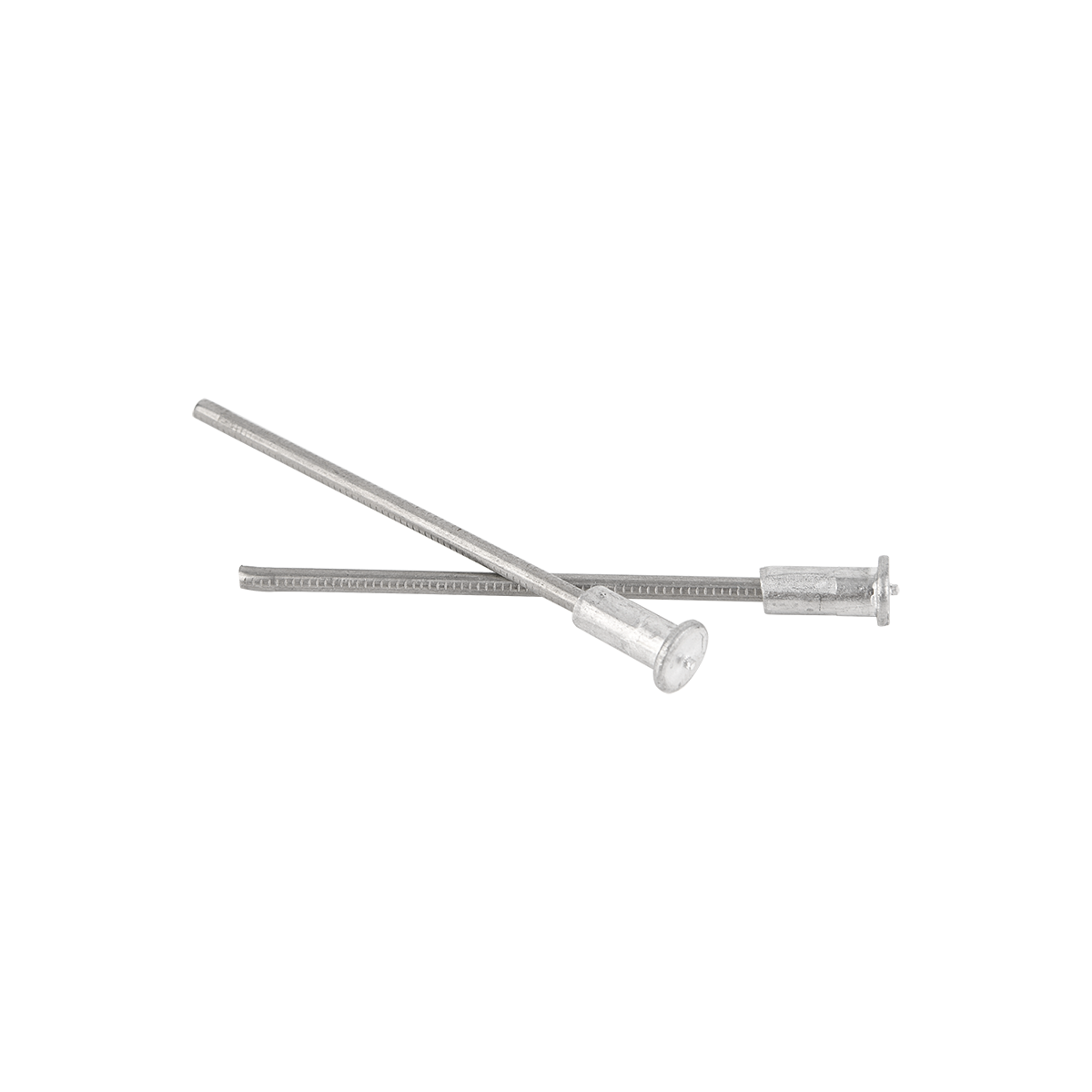What Are the Main Materials of Insulation Pins?
Author: admin Date: 2024-08-16 15:54:09 Category: INDUSTRY NEWS
Insulation pins are available in a variety of materials, each with its unique properties and suitability for different applications.
One of the common materials is fiberglass. Fiberglass insulation pins are highly valued for their excellent electrical insulation properties and resistance to heat. They are lightweight and can withstand a wide range of temperatures without deforming or losing their insulating capabilities. This makes them ideal for applications where thermal and electrical insulation is critical, such as in electrical equipment or industrial furnaces.

Stainless steel is another frequently used material. Stainless steel insulation pins offer superior strength and durability. They are resistant to corrosion and can handle high mechanical stress. These pins are often chosen for applications in harsh environments, such as marine or outdoor settings where exposure to moisture and other elements is common.
Nylon is a popular choice due to its combination of lightweight and good insulation properties. Nylon pins are relatively inexpensive and offer decent resistance to chemicals and abrasion. They are commonly used in less demanding applications or where cost is a significant factor.
Polypropylene is also used in the manufacture of insulation pins. It provides good insulation and is resistant to moisture and many chemicals. Polypropylene pins are often used in applications where moisture resistance is important, such as in damp basements or humid industrial areas.
Some insulation pins are made from composite materials that combine the properties of different substances to offer enhanced performance. For example, a composite of fiberglass and resin can provide increased strength and durability while maintaining good insulation characteristics.
For instance, in the aerospace industry, where weight and performance are of utmost importance, specialized composite insulation pins might be used to insulate critical components.
The choice of material for insulation pins depends on factors such as the operating environment, the type of insulation material being used, the required mechanical strength, and the budget. Understanding the properties and limitations of each material is essential to select the most suitable insulation pins for a specific application.